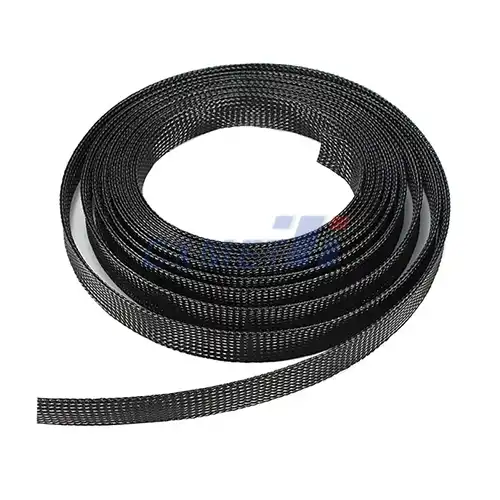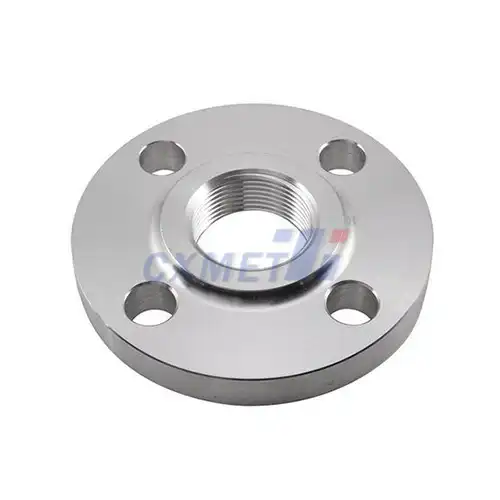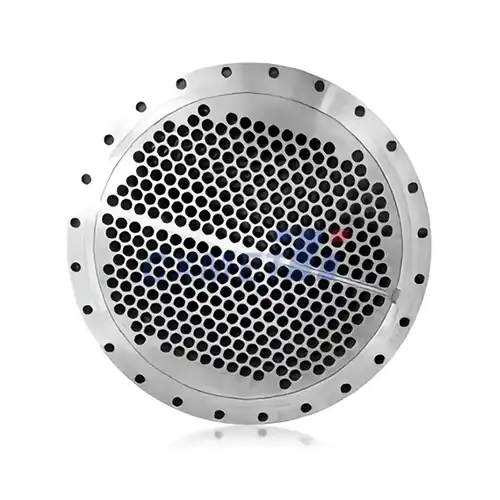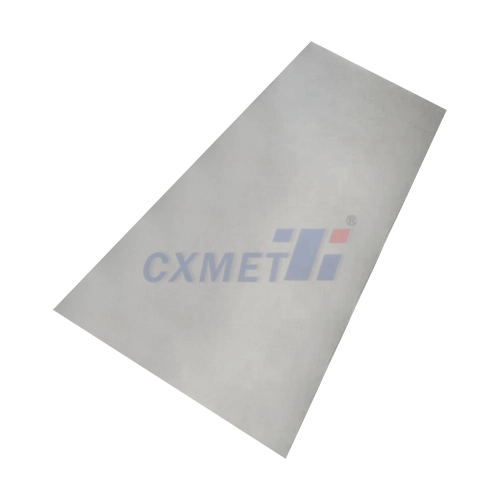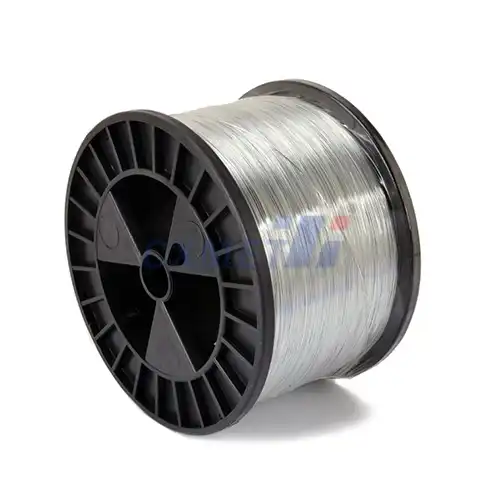- English
- French
- German
- Portuguese
- Spanish
- Russian
- Japanese
- Korean
- Arabic
- Greek
- German
- Turkish
- Italian
- Danish
- Romanian
- Indonesian
- Czech
- Afrikaans
- Swedish
- Polish
- Basque
- Catalan
- Esperanto
- Hindi
- Lao
- Albanian
- Amharic
- Armenian
- Azerbaijani
- Belarusian
- Bengali
- Bosnian
- Bulgarian
- Cebuano
- Chichewa
- Corsican
- Croatian
- Dutch
- Estonian
- Filipino
- Finnish
- Frisian
- Galician
- Georgian
- Gujarati
- Haitian
- Hausa
- Hawaiian
- Hebrew
- Hmong
- Hungarian
- Icelandic
- Igbo
- Javanese
- Kannada
- Kazakh
- Khmer
- Kurdish
- Kyrgyz
- Latin
- Latvian
- Lithuanian
- Luxembou..
- Macedonian
- Malagasy
- Malay
- Malayalam
- Maltese
- Maori
- Marathi
- Mongolian
- Burmese
- Nepali
- Norwegian
- Pashto
- Persian
- Punjabi
- Serbian
- Sesotho
- Sinhala
- Slovak
- Slovenian
- Somali
- Samoan
- Scots Gaelic
- Shona
- Sindhi
- Sundanese
- Swahili
- Tajik
- Tamil
- Telugu
- Thai
- Ukrainian
- Urdu
- Uzbek
- Vietnamese
- Welsh
- Xhosa
- Yiddish
- Yoruba
- Zulu
What Makes Gr7 Titanium Wire Ideal For Aerospace Or Defense Applications?
2025-01-02 15:05:23
Grade 7 titanium wire, also known as Gr7 titanium wire, has become increasingly popular in aerospace and defense applications due to its exceptional properties. This alloy combines the strength and lightweight characteristics of titanium with enhanced corrosion resistance, making it an ideal choice for demanding environments. In this blog post, we'll explore the unique features of Gr7 titanium wire and why it has become a preferred material in these critical industries.
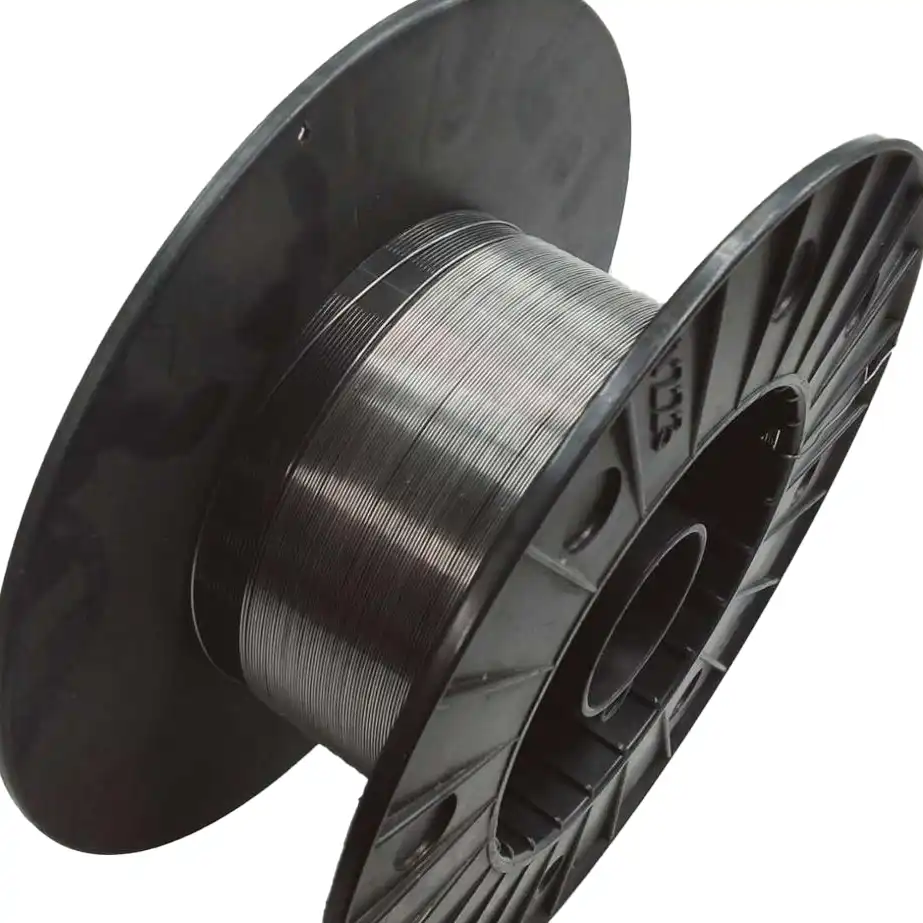
How does Gr7 titanium wire compare to other titanium grades in terms of strength and weight?
Gr7 titanium wire stands out among other titanium grades due to its exceptional balance of strength and weight. This alloy is composed of commercially pure titanium with the addition of 0.12-0.25% palladium, which enhances its corrosion resistance without significantly altering its mechanical properties. When compared to other titanium grades, Gr7 offers several advantages:
1. Strength-to-weight ratio: Gr7 titanium wire boasts an impressive strength-to-weight ratio, making it an excellent choice for aerospace and defense applications where weight reduction is crucial. It provides similar strength to some higher-grade titanium alloys but at a lower density, allowing for lighter components without compromising structural integrity.
2. Corrosion resistance: The addition of palladium in Gr7 titanium wire significantly enhances its corrosion resistance, particularly in reducing environments and against crevice corrosion. This makes it superior to many other titanium grades, especially in applications involving exposure to saltwater or harsh chemicals.
3. Ductility and formability: Gr7 titanium wire exhibits excellent ductility and formability, allowing for easier manufacturing and shaping of complex components. This characteristic is particularly valuable in aerospace and defense applications, where intricate designs and precise tolerances are often required.
4. Temperature resistance: While not as heat-resistant as some higher-grade titanium alloys, Gr7 titanium wire still maintains its mechanical properties at moderately elevated temperatures. This makes it suitable for applications where components may be exposed to thermal stress during operation.
5. Biocompatibility: Although not typically a primary concern in aerospace and defense applications, Gr7 titanium wire's biocompatibility is an added advantage. This property allows for potential crossover applications in medical devices or equipment used in life support systems.
When compared to other common aerospace materials like aluminum or steel alloys, Gr7 titanium wire offers a unique combination of properties that make it ideal for specific applications. Its lower density compared to steel and higher strength compared to aluminum, coupled with excellent corrosion resistance, make it a versatile choice for various components in aircraft, spacecraft, and defense systems.
What are the key benefits of using Gr7 titanium wire in corrosive environments?
One of the most significant advantages of Gr7 titanium wire is its exceptional performance in corrosive environments. This characteristic makes it particularly valuable in aerospace and defense applications, where components are often exposed to harsh conditions. Let's explore the key benefits of using Gr7 titanium wire in corrosive environments:
1. Enhanced resistance to reducing acids: The addition of palladium in Gr7 titanium wire significantly improves its resistance to reducing acids, such as hydrochloric acid. This property is crucial in applications where components may come into contact with corrosive chemicals or in environments with high chloride content.
2. Superior crevice corrosion resistance: Gr7 titanium wire exhibits excellent resistance to crevice corrosion, a form of localized corrosion that can occur in tight spaces between components. This property is particularly important in complex assemblies where moisture or corrosive substances can become trapped.
3. Improved performance in saltwater environments: The aerospace and defense industries often involve exposure to marine environments. Gr7 titanium wire's enhanced corrosion resistance makes it an ideal choice for components that may come into contact with saltwater, such as naval aircraft or marine-based defense systems.
4. Long-term durability: The corrosion resistance of Gr7 titanium wire contributes to the long-term durability of components. This is particularly important in aerospace and defense applications, where equipment is expected to perform reliably over extended periods with minimal maintenance.
5. Cost-effectiveness: While the initial cost of Gr7 titanium wire may be higher than some alternatives, its corrosion resistance can lead to significant cost savings over the lifetime of a component. Reduced maintenance requirements, longer service life, and fewer replacements contribute to its overall cost-effectiveness in corrosive environments.
6. Versatility in various corrosive media: Gr7 titanium wire demonstrates excellent corrosion resistance not only in acidic environments but also in oxidizing media. This versatility allows for its use in a wide range of applications, from fuel systems to structural components exposed to diverse environmental conditions.
7. Minimal galvanic corrosion: When used in conjunction with other metals, Gr7 titanium wire exhibits minimal galvanic corrosion. This property is crucial in aerospace and defense applications where different materials are often combined in complex assemblies.
The corrosion resistance of Gr7 titanium wire is particularly valuable in aerospace and defense applications where failure due to corrosion can have catastrophic consequences. By utilizing this material, engineers can design components that maintain their integrity and performance even in the most challenging environments, ensuring the safety and reliability of critical systems.
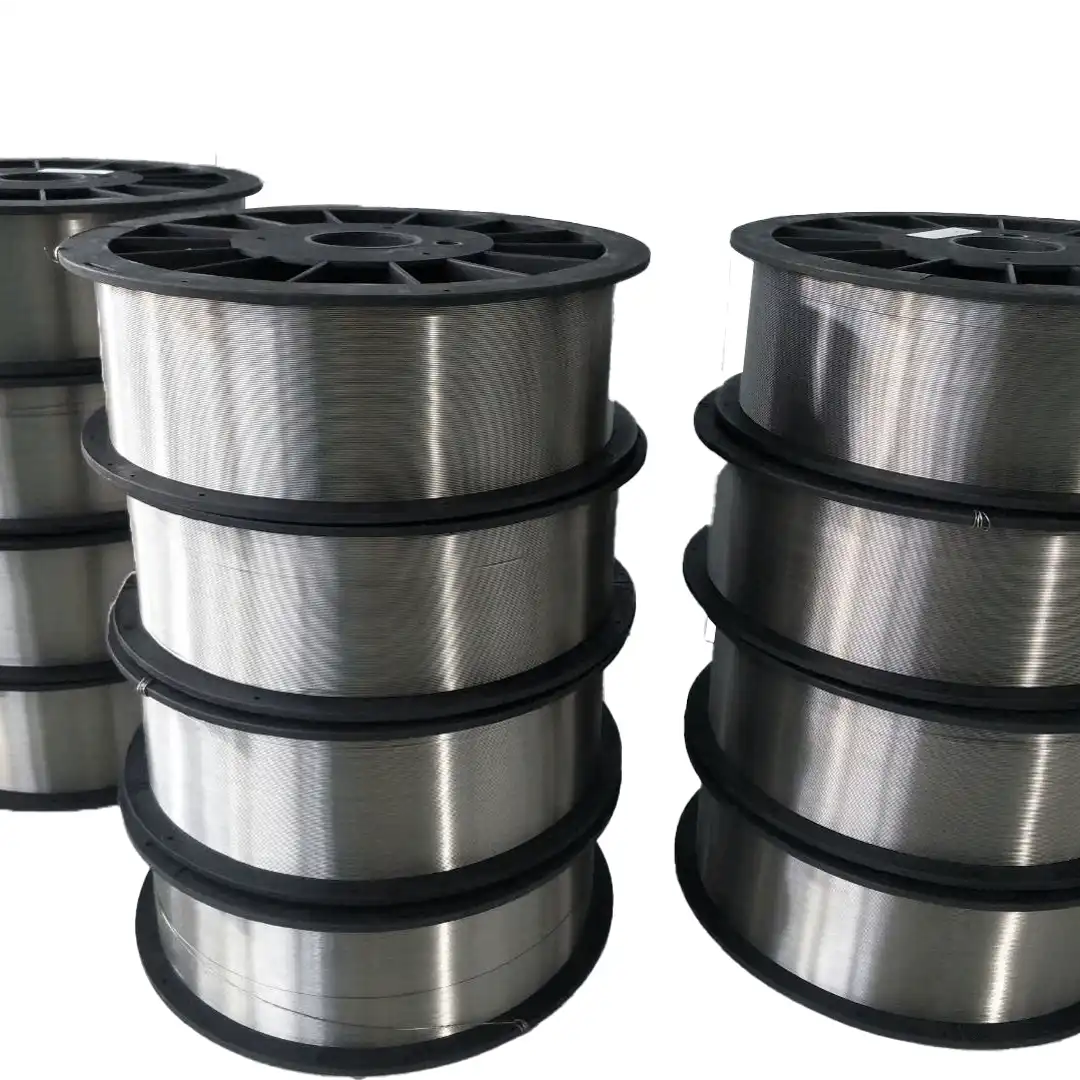
How does the manufacturing process of Gr7 titanium wire affect its performance in aerospace applications?
The manufacturing process of Gr7 titanium wire plays a crucial role in determining its performance characteristics, particularly in aerospace applications. The careful control and optimization of each production step ensure that the final product meets the stringent requirements of the aerospace and defense industries. Let's explore how various aspects of the manufacturing process influence the wire's performance:
1. Raw material selection: The quality of Gr7 titanium wire begins with the careful selection of raw materials. High-purity titanium sponge and precise amounts of palladium are essential to achieve the desired composition. The purity of these materials directly impacts the wire's final properties, including its corrosion resistance and mechanical strength.
2. Melting and ingot formation: The melting process, typically performed using vacuum arc remelting (VAR) or electron beam melting (EBM), is critical in ensuring the homogeneity of the alloy. These techniques help eliminate impurities and ensure a uniform distribution of alloying elements. The resulting ingot's quality directly influences the wire's consistency and performance in aerospace applications.
3. Hot working and forging: The ingot undergoes hot working and forging processes to break down its cast structure and improve its mechanical properties. These steps are crucial in developing the desired microstructure, which affects the wire's strength, ductility, and overall performance. Proper control of temperature and deformation rates during these processes is essential to achieve optimal results.
4. Cold drawing: The wire drawing process involves reducing the diameter of the titanium rod through a series of dies. This cold working process significantly influences the wire's mechanical properties, including its tensile strength and yield strength. The degree of cold work and the number of drawing passes are carefully controlled to achieve the desired balance of strength and ductility required for aerospace applications.
5. Heat treatment: Heat treatment processes, such as annealing or stress relieving, are often employed to optimize the wire's properties. These treatments can help reduce internal stresses, improve ductility, and enhance the overall performance of the wire. The precise control of temperature and cooling rates during heat treatment is critical in achieving the desired microstructure and properties.
6. Surface treatment: The surface condition of Gr7 titanium wire is crucial for its corrosion resistance and overall performance. Various surface treatments, such as pickling, passivation, or mechanical polishing, may be applied to remove surface impurities and enhance the wire's protective oxide layer. These treatments are particularly important for aerospace applications where surface integrity is critical.
7. Quality control and testing: Throughout the manufacturing process, rigorous quality control measures and testing are implemented to ensure that the Gr7 titanium wire meets aerospace industry standards. This includes dimensional checks, mechanical property testing, chemical composition analysis, and non-destructive testing techniques such as eddy current testing or ultrasonic inspection.
8. Packaging and handling: Proper packaging and handling of the finished Gr7 titanium wire are essential to maintain its quality and prevent surface damage or contamination. This is particularly important for aerospace applications where even minor imperfections can have significant consequences.
The manufacturing process of Gr7 titanium wire for aerospace applications requires a high level of expertise and precision. Each step in the production chain contributes to the wire's final properties and performance characteristics. By carefully controlling and optimizing these processes, manufacturers can produce Gr7 titanium wire that meets the exacting standards of the aerospace and defense industries, ensuring reliability, safety, and performance in critical applications.
Conclusion
Gr7 titanium wire has proven to be an exceptional material for aerospace and defense applications due to its unique combination of properties. Its excellent strength-to-weight ratio, superior corrosion resistance, and carefully controlled manufacturing process make it an ideal choice for components that must perform reliably in demanding environments. As the aerospace and defense industries continue to evolve, Gr7 titanium wire is likely to play an increasingly important role in the development of advanced, lightweight, and durable systems that push the boundaries of technology and performance.
At SHAANXI CXMET TECHNOLOGY CO., LTD, we take pride in our extensive product range, which caters to diverse customer needs. Our company is equipped with outstanding production and processing capabilities, ensuring the high quality and precision of our products. We are committed to innovation and continuously strive to develop new products, keeping us at the forefront of our industry. With leading technological development capabilities, we are able to adapt and evolve in a rapidly changing market. Furthermore, we offer customized solutions to meet the specific requirements of our clients. If you are interested in our products or wish to learn more about the intricate details of our offerings, please do not hesitate to contact us at sales@cxmet.com. Our team is always ready to assist you.
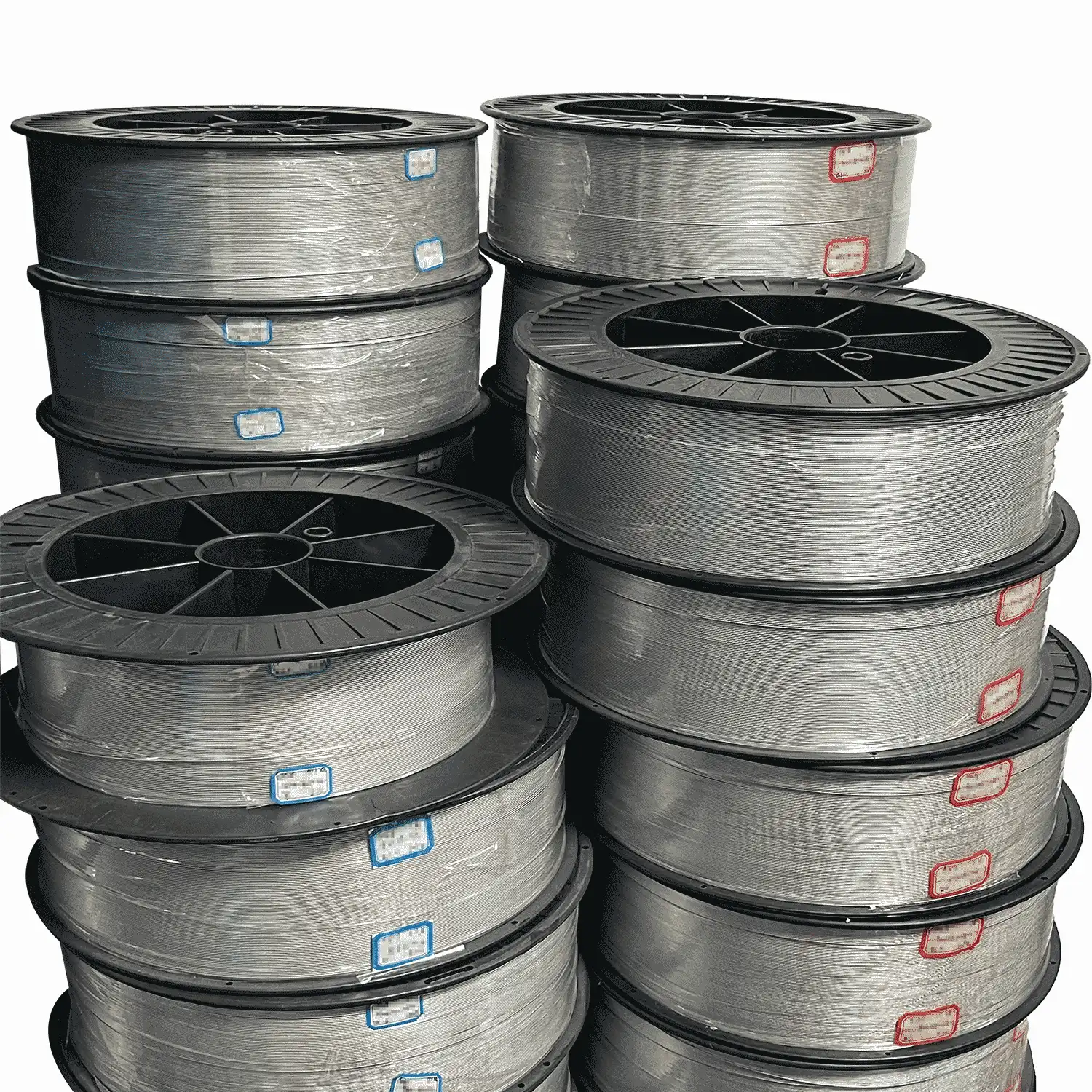
References
- ASM International. (2015). Titanium: A Technical Guide. ASM International.
- Boyer, R., Welsch, G., & Collings, E. W. (1994). Materials Properties Handbook: Titanium Alloys. ASM International.
- Donachie, M. J. (2000). Titanium: A Technical Guide. ASM International.
- Froes, F. H. (2015). Titanium: Physical Metallurgy, Processing, and Applications. ASM International.
- Lütjering, G., & Williams, J. C. (2007). Titanium. Springer Science & Business Media.
- Peters, M., Kumpfert, J., Ward, C. H., & Leyens, C. (2003). Titanium alloys for aerospace applications. Advanced Engineering Materials, 5(6), 419-427.
- Leyens, C., & Peters, M. (Eds.). (2003). Titanium and titanium alloys: fundamentals and applications. John Wiley & Sons.
- Veiga, C., Davim, J. P., & Loureiro, A. J. R. (2012). Properties and applications of titanium alloys: A brief review. Reviews on Advanced Materials Science, 32(2), 133-148.
- Williams, J. C., & Starke Jr, E. A. (2003). Progress in structural materials for aerospace systems. Acta materialia, 51(19), 5775-5799.
- Yan, L., & Fan, J. (2016). Recent advances in mechanical properties of titanium alloys. Materials Research Express, 3(10), 102001.
